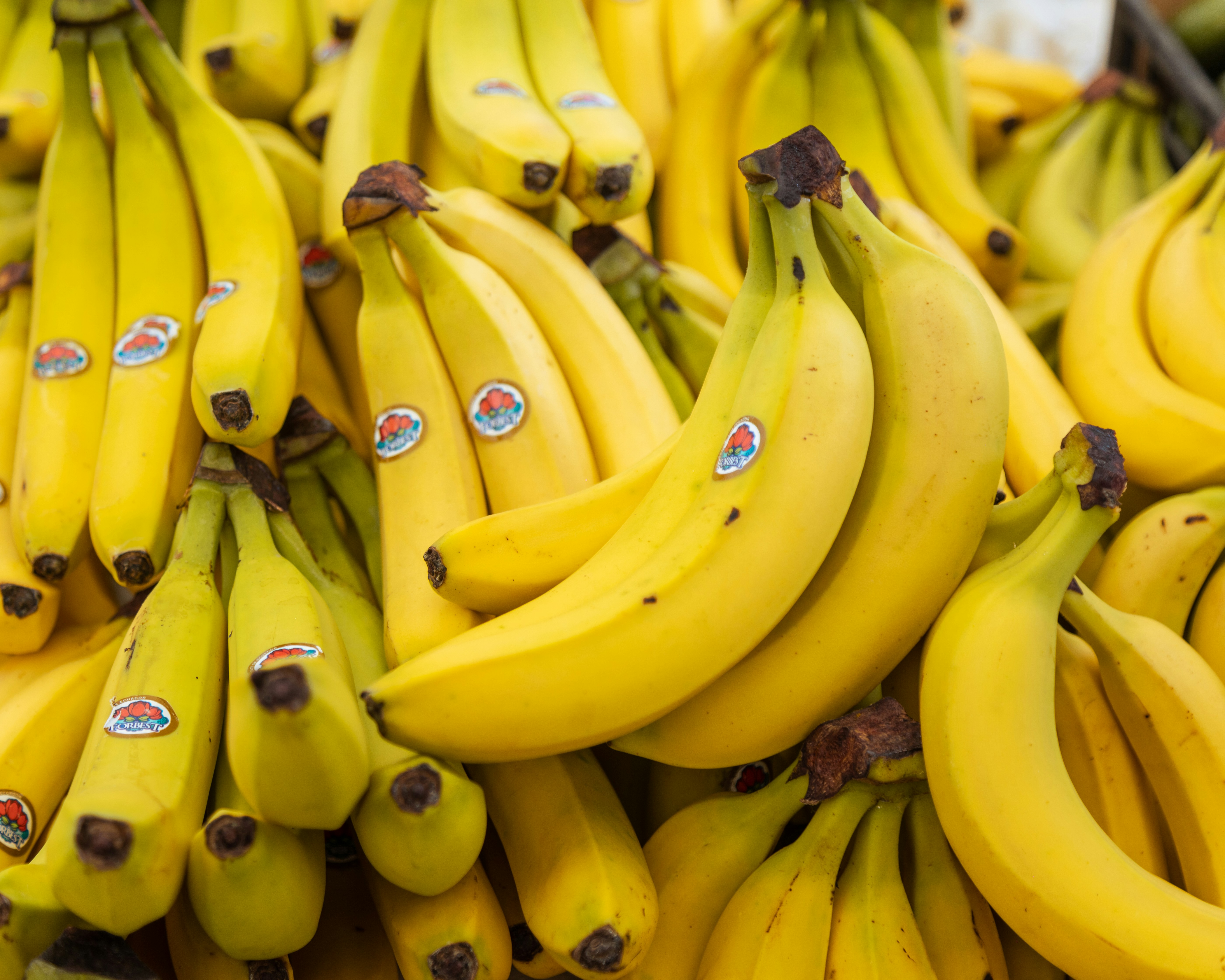The food we consume has a twofold impact - on our body as well as the environment. These days, the focus is not just on the former but also the latter. Sustainable eating has become the buzzword. It is important to understand the connection between what we eat and its impact on our health as well as the environment. Some food products prove more detrimental to our body, while others are actually recommended to be consumed. A recent study, published in the journal 'Nature Food', delves into the environmentally sustainable foods which promote our health too. There were approximately 5,800 foods evaluated as part of the examination, ranked on the basis of how many minutes of healthy life are lost or gained by consumption of those foods. Hot dogs, for instance, were said to shorten a healthy life span by 36 minutes while a serving of nuts could increase it by 26 minutes.

Nuts and seeds can be beneficial for health.
Conducted by researchers at the University of Michigan, the study aims to establish a connection between the food we eat and its impact on us and the world around us. The idea is to create a set of dietary recommendations which address nutritional and environmental impacts. The study is based on the Health Nutritional Index or HENI that includes 15 dietary risk factors and combines them with the nutritional profile of foods and environmental indicators used in their making.
The findings of the study indicated that foods with the most negative health impacts include processed meat, beef, shrimp, pork, lamb, and greenhouse-grown vegetables. Some positive impact foods which are nutritionally beneficial include field-grown fruits and vegetables, legumes, nuts, and low-environmental impact seafood.
(Also Read: Here's Why Sustainable Eating Is Even More Important During COVID-19 Pandemic)

Seafood is rich in protein, and can help in creating positive impact on the body and environment.
"Our analysis also indicated that substituting only 10% of daily caloric intake from beef and processed meat for fruits, vegetables, nuts, legumes, and selected seafood could offer substantial health improvements of 48 minutes gained per person per day and a 33% reduction in dietary carbon footprint," read the study's abstract.
However, it is important to note that nutritionally beneficial foods may not always generate the lowest environmental impact and vice versa. "Although we find that plant-based foods generally perform better, there are considerable variations within both plant-based and animal-based foods," said study author and doctoral candidate Katerina Stylianou.
Thus, the need of the hour is to make changes in the diet - not just for our own health but also for that of our planet. "The urgency of dietary changes to improve human health and the environment is clear," said Olivier Jolliet, senior author of the paper and professor of environmental health sciences at U-M's School of Public Health. "Our findings demonstrate that small targeted substitutions offer a feasible and powerful strategy to achieve significant health and environmental benefits without requiring dramatic dietary shifts."
What did you think of the study? Tell us in the comments below.
About Aditi AhujaAditi loves talking to and meeting like-minded foodies (especially the kind who like veg momos). Plus points if you get her bad jokes and sitcom references, or if you recommend a new place to eat at.












